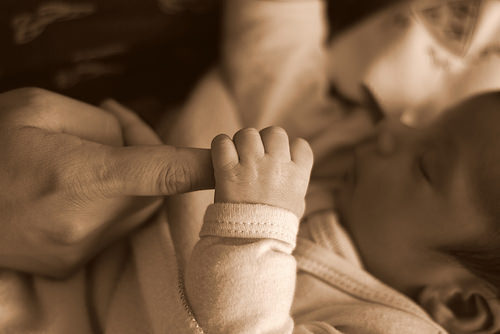Sex, Violence and The Male Warrior Hypothesis

by Divya Mathur, PhD
December 21, 2009
Throughout the history of human civilization, wars have a common feature of being practiced primarily by males. This group aggression by males is a persistent trait of human behavior, seen across different continents among civilizations that have developed independent of each other.
Also, experimental evidence suggests that compared to females, male behavior and psychology is more inclined to aggression. Men are relatively more aggressive in inter-group games and display stronger ingroup loyalty in the presence of an inter-group threat. This idea is referred to by anthropologists as the male-warrior hypothesis. This general hypothesis leads to the prediction that men “have behavioral propensities to engage in male coalitional violence”. This is perhaps a product of a long evolutionary history, in which males who engaged in such behavior produced more genetic descendants than males without such propensities. Male coalitional violence is also exhibited by our closest living relative, the chimpanzee. Such behavioral propensities did not evolve in females of either species.
Since females in all cultures have greater parental investment than males in their offspring, engaging in openly aggressive acts to acquire resources, either individually or as part of a group, will be physiologically and genetically costlier for women. The mother is more critical to the offspring’s survival than is the father. If a mother wants her children to survive, then she must be equally concerned with her own survival. Because of this, it is believed that women would have evolved a psychology in which the costs of physical danger would have been weighted higher than that of a male.
Recognizing that our biological heritage has produced very different behavioral propensities in human males and females, can also lead to a solution of decreasing violence and warfare in modern times. Although the propensity for violence may be genetically programmed into the human brain, it can be controlled through cultural and social means. Behavioral genetics research on violence shows high heritabilities, suggesting that a substantial amount of genetic variance exists in such behavioral propensities within populations of human males.
By empowering women to be leaders in cultural, social, and political spheres, the violent propensities of men can be restrained, and perhaps men can learn to be less violent themselves. Public investment policies should also recognize that men with poor economic prospects have higher incidence of engaging in violence and being recruited into violent extremism.
Although war is a complex subject and a definitive understanding of coalitional violence is still lacking, women’s empowerment and a greater participation of women in the political arena could be the way for a more peaceful world.
References
Kaplan, H. (2009). Sex, War (and Ecology) Science, 326 (5950), 232-233 DOI: 10.1126/science.1176071
Van Vugt, M., De Cremer, D., & Janssen, D. (2007). Gender Differences in Cooperation and Competition: The Male-Warrior Hypothesis Psychological Science, 18 (1), 19-23 DOI: 10.1111/j.1467-9280.2007.01842.x
Campbell, A. (1999). Staying alive: Evolution, culture, and women’s intrasexual aggression Behavioral and Brain Sciences, 22 (02) DOI: 10.1017/S0140525X99001818
See additional sources at:
Sex, Violence and The Male Warrior Hypothesis

